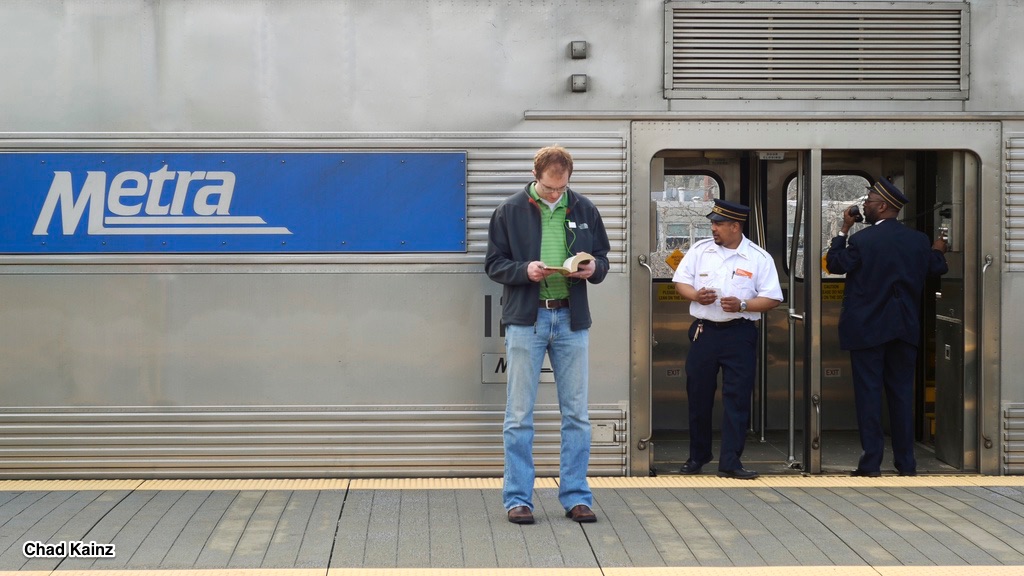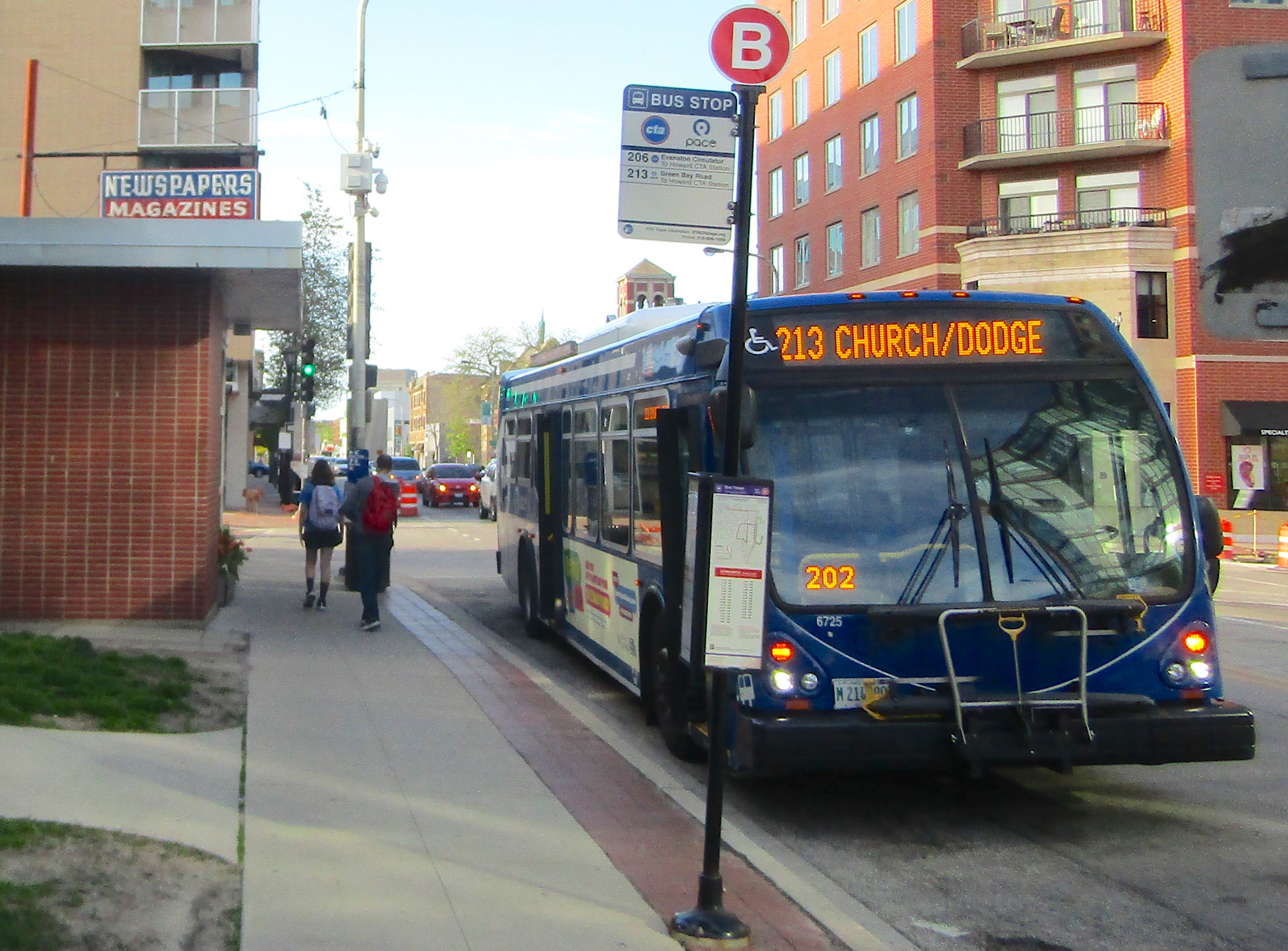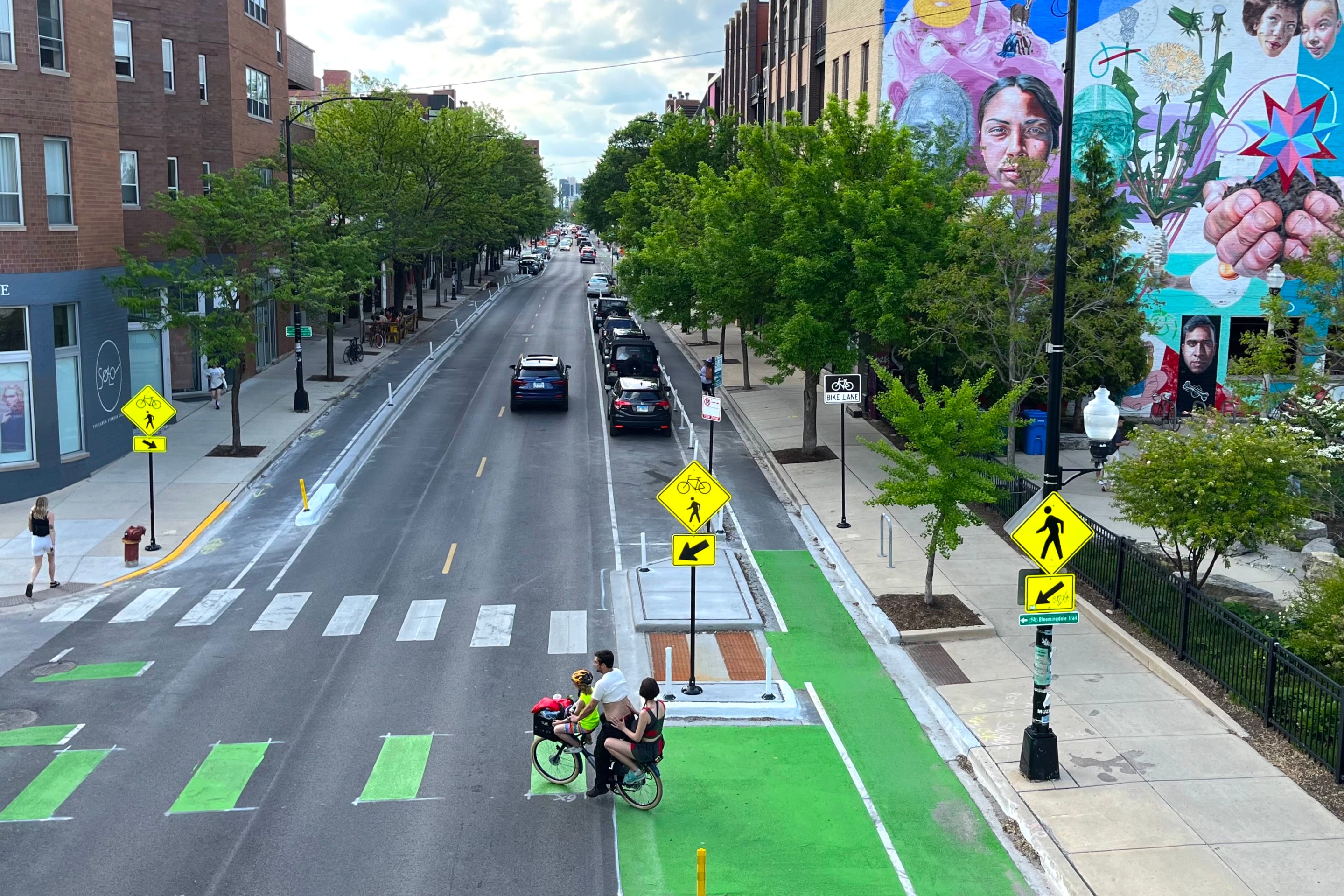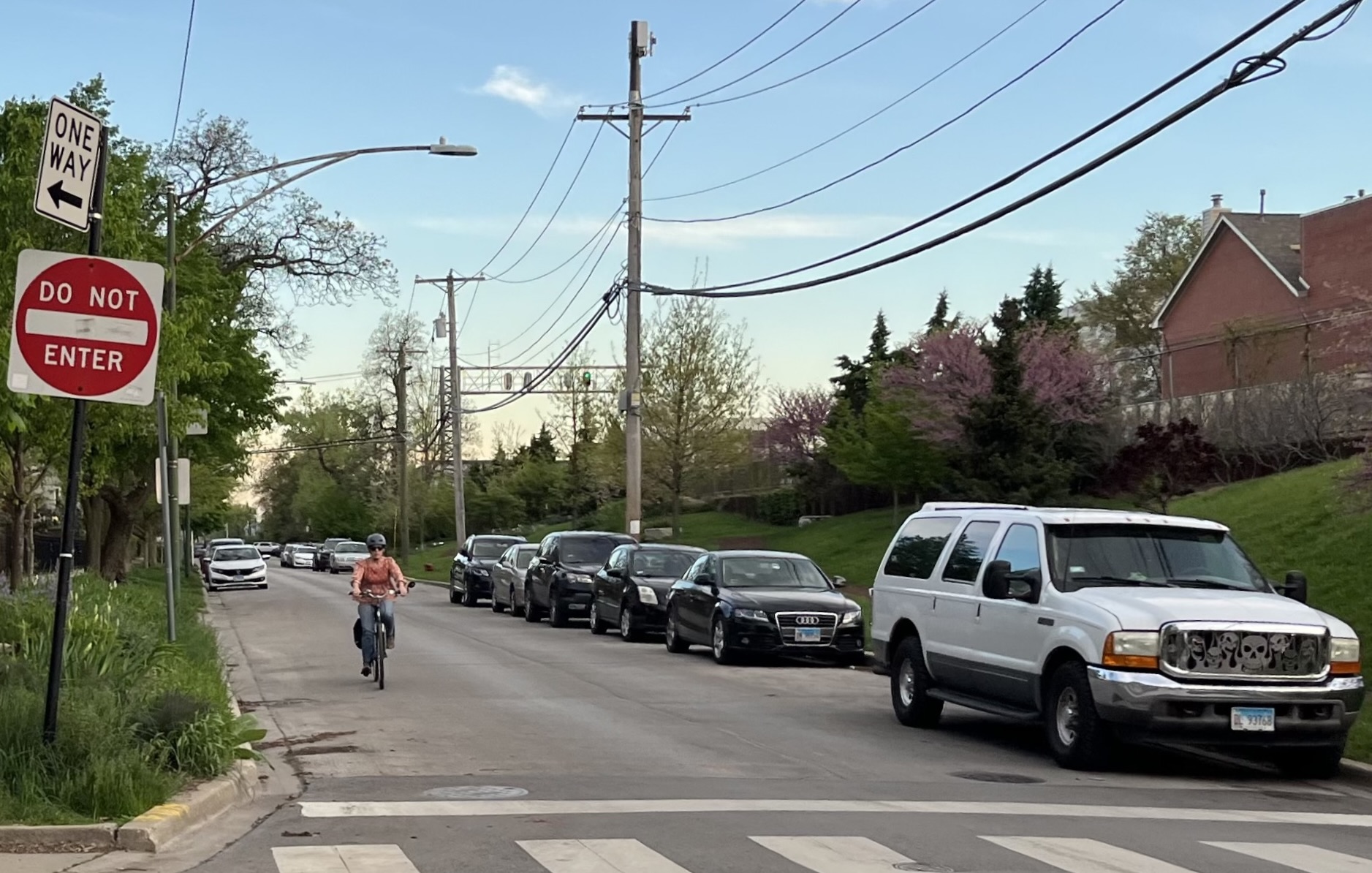Metra released its first-ever strategic plan last month, after beginning the process in 2012, and comments are due tomorrow. The plan, and Metra's press release announcing it, don't spare any details about the impact that years of underfunding have had on the commuter rail system. CTA and Pace are in the same boat, being without sufficient local or state funding to increase service levels.
It's tempting to call out Metra for not setting a goal of providing all-day frequent service throughout the system, instead of simply focusing on rush-hour downtown commutes. But it's not their fault that the plan doesn't include this strategy..
It seems that Metra CEO Don Orseno, who will soon be retiring from the job, read my mind. He's quoted in the press release as saying, "I want to caution that the plan may be less ambitious than expected. That is a result of our chronic funding shortfalls, which severely limit our ability to improve the agency."
Asked about the plan's lack of goals on potentially providing more service, Metra spokesman Michael Gillis said, "At this point we are not receiving enough funding to maintain our existing level of service and existing infrastructure, let alone expand either."
What is Metra doing about the funding shortfall? Gillis said that they are applying for "whatever funding is available... [Orseno] is in Washington, D.C., today, in fact, to meet with federal representatives." Metra recently won a $14 million discretionary grant from the U.S. Department of Transportation to rebuild a bridge over the Fox River in the far western suburbs. They also won a $21 million federal grant for Positive Train Control, a federally mandated safety system that automatically stops a train to prevent a crash in the event that the operator fails to do so. In addition, Metra an "Invest in Cook" grant from Cook County to renovate the 147th Street station on the Metra Electric District's University Park branch.
The strategic plan isn't just about how to deal with insufficient funding. There are sections about how Metra wants to maintain its low passenger and personnel injury rates, strive for 95 percent on-time performance, update stations to have better wayfinding and real-time travel information, and retrain personnel to better accommodate passengers with disabilities.
One key thing Metra could do to improve service is to offer a discount for customers transferring to the system from a ride on another transit agency's train or bus, which could boost their ridership. The strategic plan says that Metra will "examine our fare structure to identify improvements with potential to increase ridership and revenue." The transfer discount, however, is something Metra would have to negotiate with CTA and Pace to accomplish, as well as figure out who would get less money.
The plan includes only one strategy for improving service patterns for current and potentially new riders. Metra will conduct a "Station Optimization Study," which could result in changes to where and how train service operates. The report, Gillis said, will use an analysis of station characteristics and performance to "develop strategies to optimize investment in existing and future stations." The study will include "action plans for attracting riders to underperforming stations."
The station study could have one more significant effect: it might recommend that some stations be consolidated or closed. The study's outcomes have the objective of improving "the quality of service and facilities experienced by Metra riders, while maintaining or reducing costs," Gillis said.
In the past, Metra has been able to pay for track upgrades, station rehabs, new train cars, and other expenditures for vehicles and fixed objects via state capital bills. However, the state government hasn't provided a shot in the arm to Metra through a capital bill since the "Illinois Jobs Now!" legislation passed in 2009. These bills aren't necessarily a responsible way to fund infrastructure, as they include large amounts of borrowing with unreliable payback mechanisms, such as video gambling, and pass the buck to future generations of residents. But they have definitely benefited Chicago's three transit operators by providing capital cash infusions.
The plan notes that there's a widely held misconception that Metra is "profitable" and that "fares cover most of costs." Gillis told me, "We answer emails from customers on a weekly basis in which we have to explain that fares cover only part of our operating costs and virtually none of our capital needs."
Locally, Metra's, CTA's, and Pace's daily operations are largely funded by a portion of the sales tax on goods sold in the six-county region. The state kicks in additional operations funding, but since Bruce Rauner became governor those payments have been delayed. Metra was also supposed to get $1.1 billion in capital funds from "Illinois Jobs Now!" but the state government notified Metra this year that it will receive $265 million less than that by the time the program is over.
A couple of years ago, additional local funding was proposed at the Cook County level by the Center for Neighborhood Technology and the Active Transportation Alliance. The Metropolitan Planning Council has been lobbying state legislators to fund more operations, narrowing its focus on getting more money for maintenance.
Asked if Metra expects state leaders to pass a new capital bill within the 2018-2022 timeframe of the strategic plan, Gillis said, "We are certainly hopeful that they will."
What's currently in the pipeline at Metra? Right now the transit agency is renovating several stations. A new Maywood station house opened last month; the Healy, Calumet, and Romeoville stations are undergoing major renovations, with Hazel Crest coming soon; and that they may start work at three more stations in 2018. "We should be doing many more each year," Gillis said, but he added that the money for additional renovations isn't there.
Both Metra and Pace intend to raise fares at their November board meetings.
Updated at 21:19: Corrected to say that Metra had already won the three grants.




